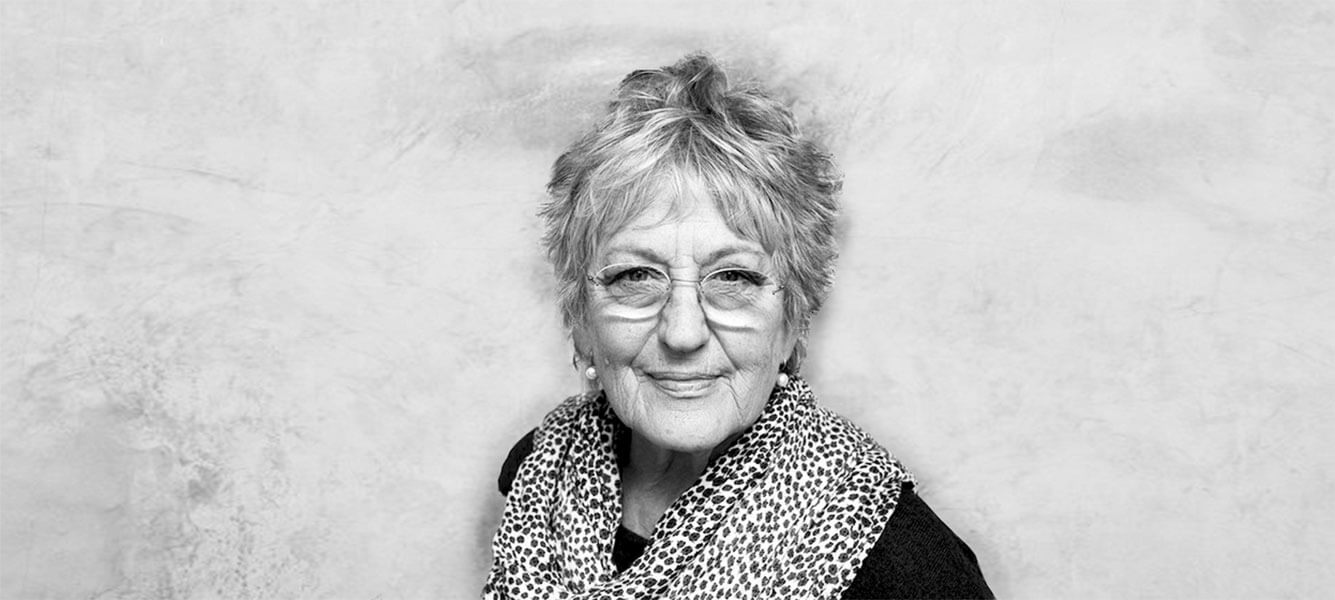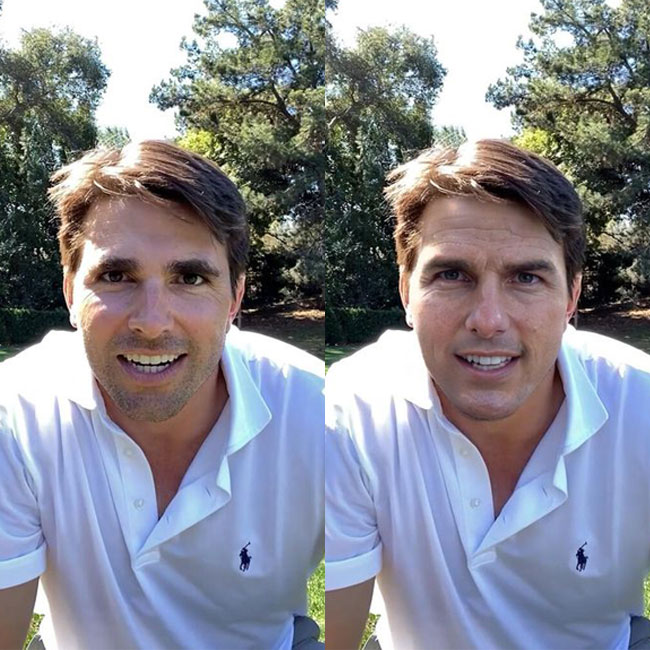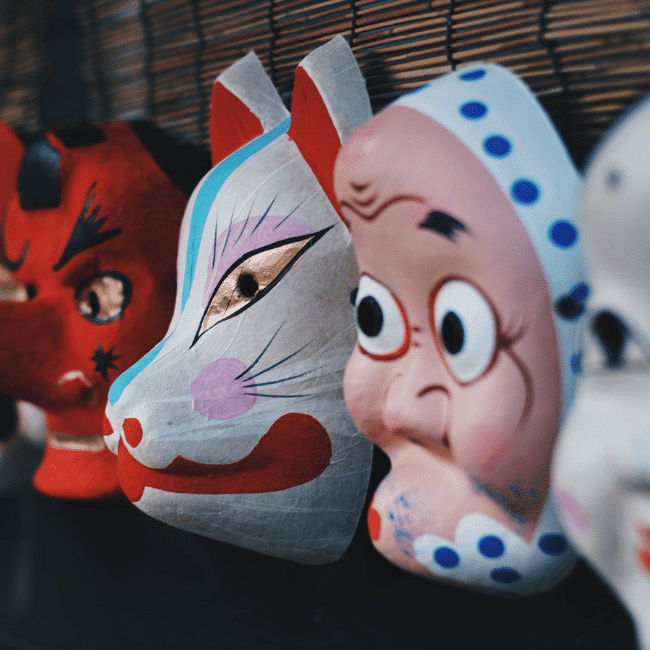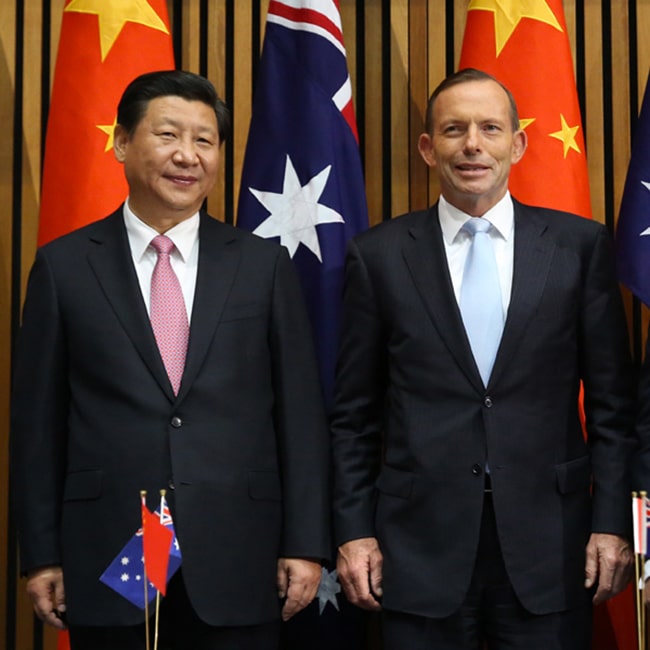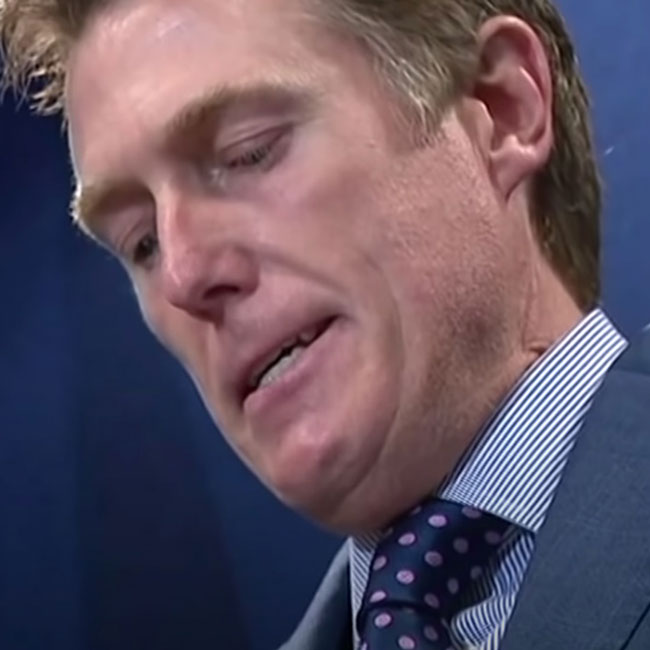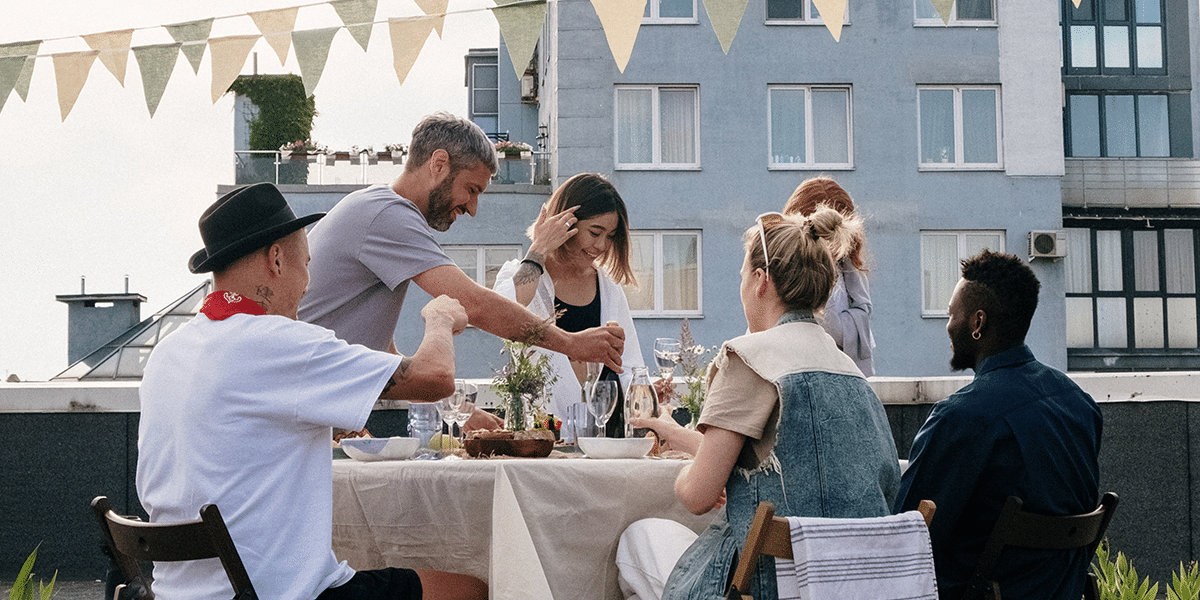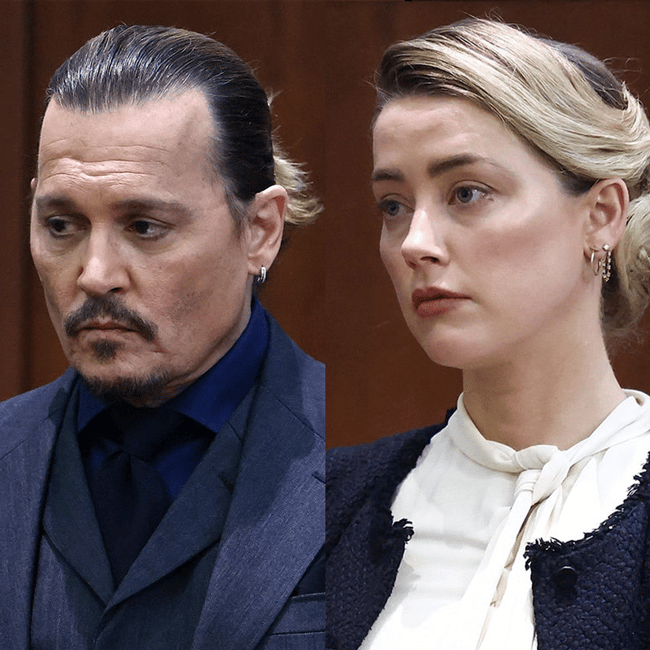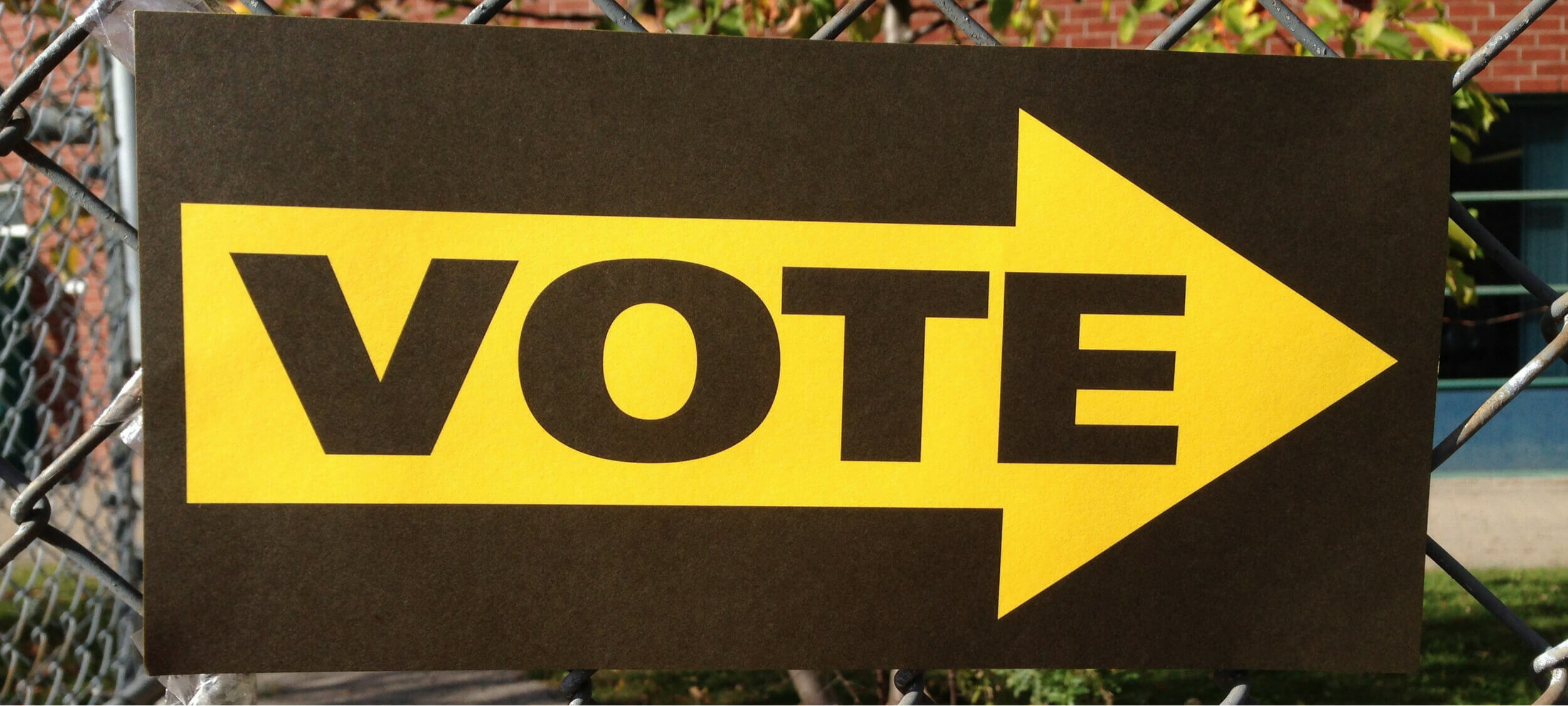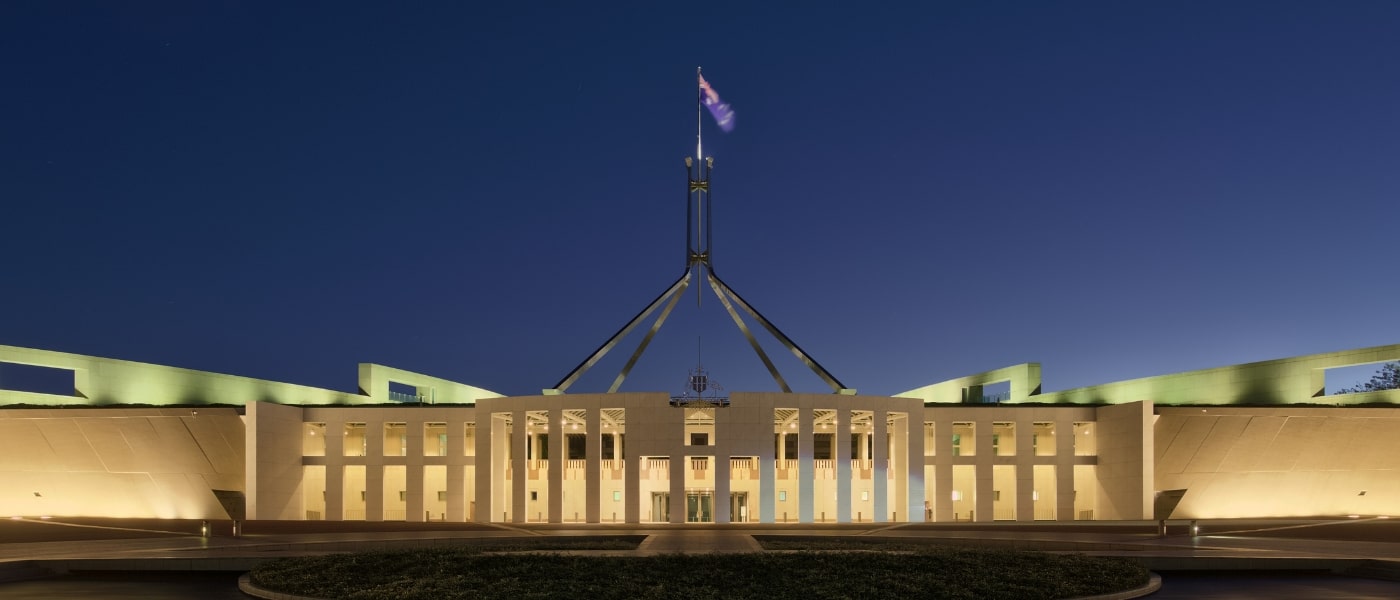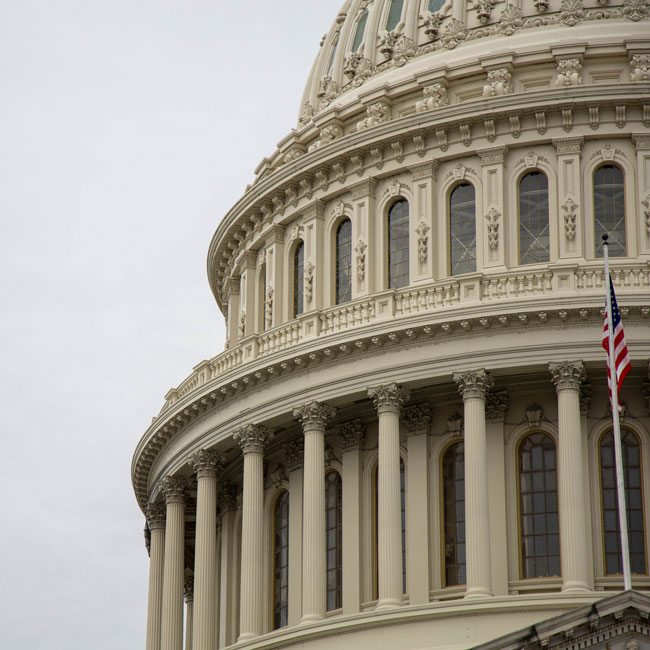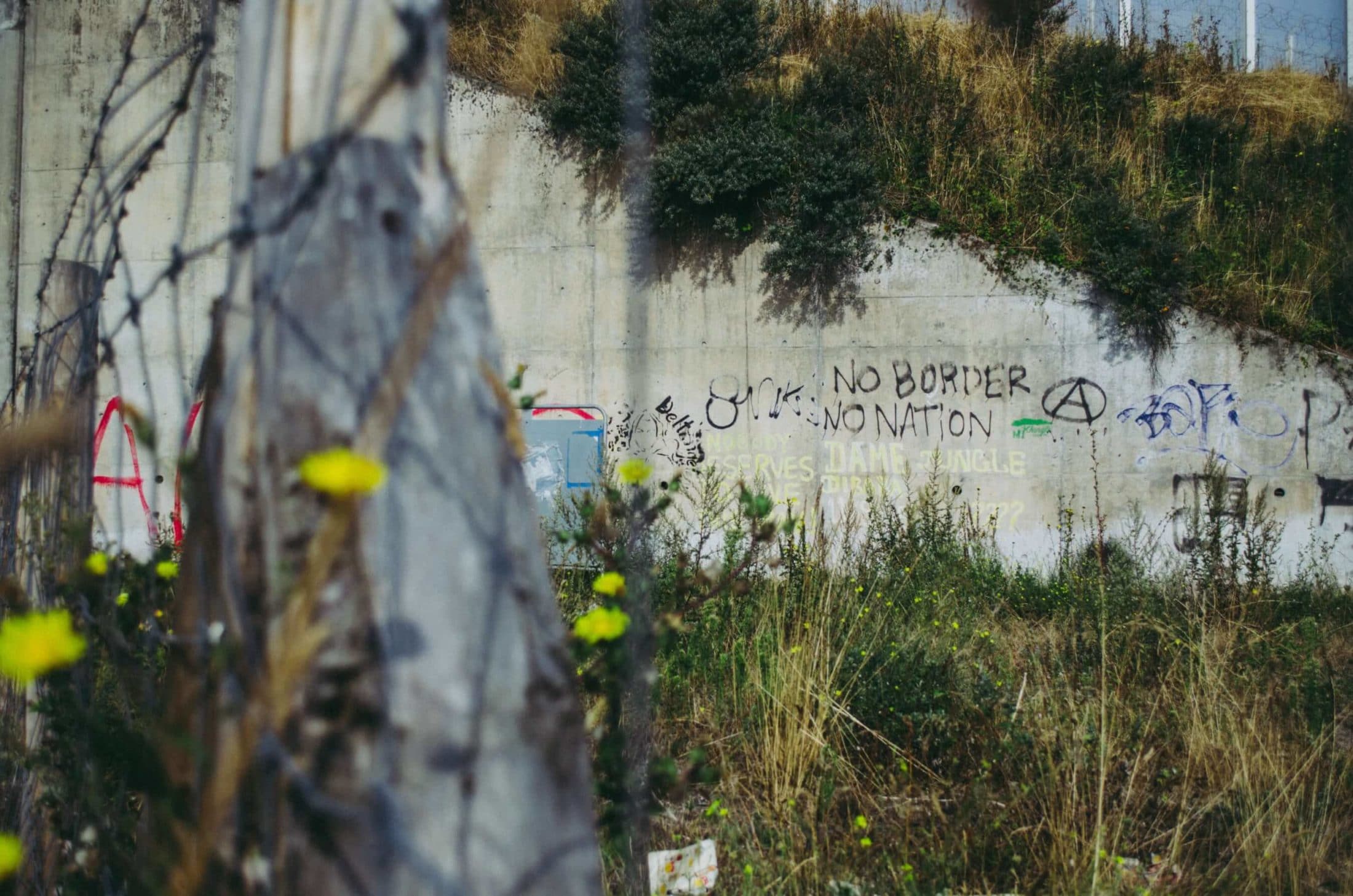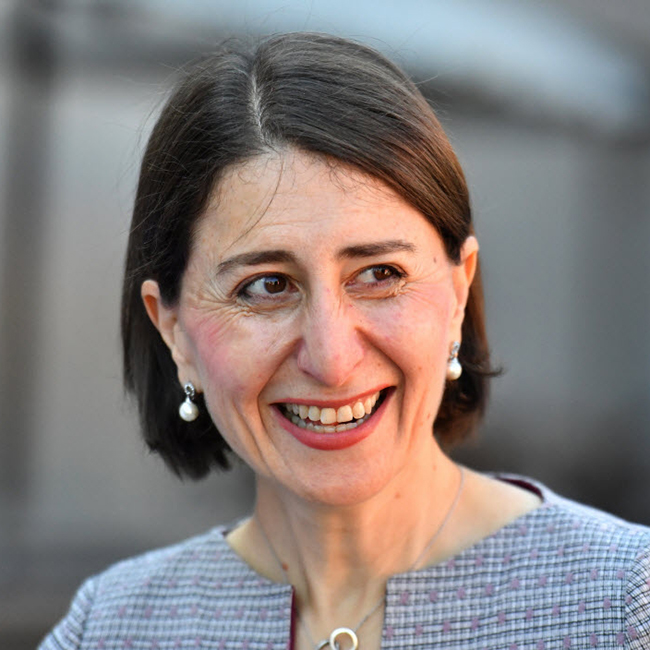Ukraine hacktivism
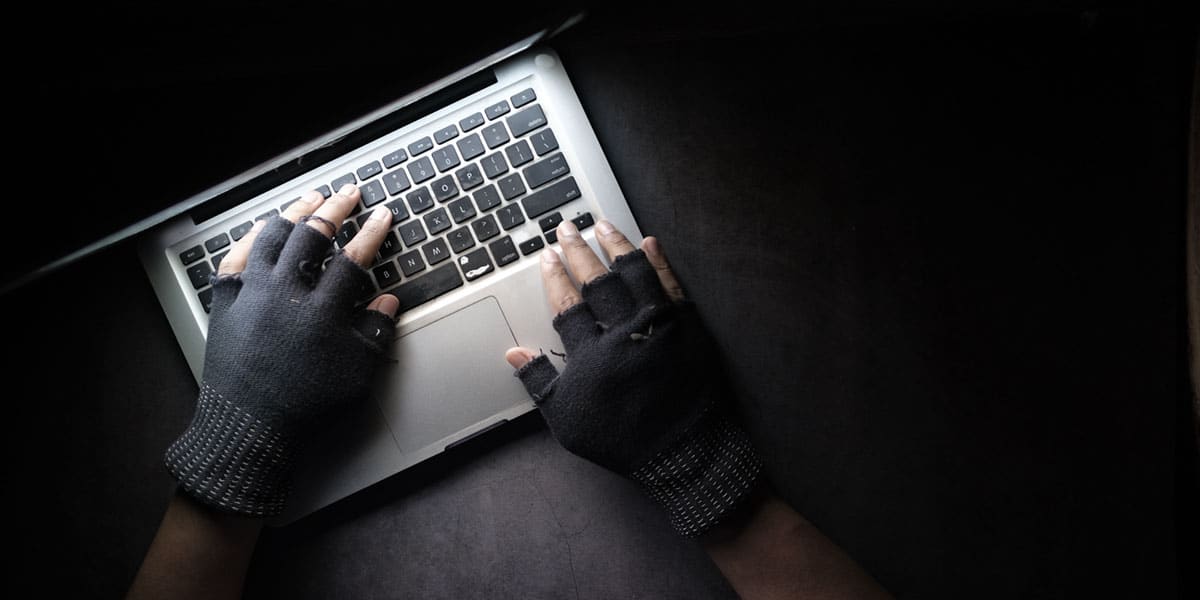
Ukraine hacktivism
Opinion + AnalysisPolitics + Human RightsScience + Technology
BY Simon Longstaff 2 MAR 2022
As reported by David Crowe in the Sydney Morning Herald, Ukraine’s Foreign Minister, Dmytro Kuleba, has recently called on individuals, from other countries, to join the fight against Russia’s invasion.
“Foreigners willing to defend Ukraine and world order as part of the International Legion of Territorial Defence of Ukraine, I invite you to contact foreign diplomatic missions of Ukraine”, he said on Sunday night.
It is important to note that it is illegal for Australians to take up this call. As things stand, Australians commit a criminal office if they fight for any formation other than properly constituted national armed forces. This prohibition was introduced to deter and punish Australians hoping to fight in the ranks of ISIS. However, it applies far more generally. As such, it proscribes an age-old practice of individuals engaging in warfare in support of causes they wish to champion. Unlike mercenaries (who will fight for whichever side will pay them the better price), there have been people, throughout history, willing to risk their lives and limbs for idealistic reasons.
More recent examples include those who joined the International Brigade to fight Fascist forces in Spain during the early part of the Twentieth Century, those who joined the Kurds to oppose ISIS, in recent years, and also those who fought with and for ISIS in order to establish a Caliphate in the Middle East.
It should be noted that the choices mentioned above are not morally equivalent – even though the underlying motivation is, essentially, the same. Those who opposed Fascism in the 1930s did not employ terrorism as a principal tactic. ISIS did – unrestrained by any of the ethical limitations arising out of the Just war tradition.
That tradition was developed to deal with forms of war which took place in real time and across real battlespaces where combatants and non-combatants could be killed by a direct encounter with a lethal weapon or its effects.
In recent days, this discussion has taken on a new character as volunteer ‘hacktivists’ have taken up virtual arms, on Ukraine’s behalf, in a cyber-war against Russian forces. Once again, there are non-Ukrainian nationals engaged in a conflict that pits them against an aggressor – not for financial reward, not for reasons of self-preservation but simply because they feel compelled to defend an ideal. Of course, there are bound to be some amongst their ranks who are just in it for the mischief. However, I think most will be sincere in their conviction that they are doing some good.
That said, there is some truth to the old adage that ‘the road to hell is paved with good intentions’. It is not enough to be realising a noble purpose. One also needs to employ legitimate means. It is this thought that lies behind the observation, by Canadian philosopher Michael Ignatieff, that the difference between a ‘warrior’ and a ‘barbarian’ lies in ethical restraint.
In an ideal world, those who belong to the profession of arms are trained to apply ethical restraint in their use of force. The allegations levelled against a few members of the SAS, in Afghanistan, indicate that there can be a gap between the ideal and the actual. However, in the vast majority of cases, Australia’s professional shoulders serve as ‘warriors’ rather than ‘barbarians’.
But what of the ethical restraint required of volunteer cyber-warriors? There are some general observations, as outlined by Dr Matt Beard and I in our publication Ethical By Design: Principles for Good Technology. Our first principle is that ‘CAN does NOT imply OUGHT’. That is, the mere fact that you can do something does not mean that you should!. However, I think that some of the traditional ethical restraints derived from ‘just war theory’ should also apply.
There are three principles of particular importance. First, you need to be satisfied that you are pursuing a just cause. Self-defence and the defence of others who have been attacked without just cause have always been allowed – with one proviso … your own use of force must be directed at securing a peace that is superior to that which would have prevailed if no force had been used.
That accounts for the ends that one might pursue. When it comes to the means, they need to accord with the principles of ‘discrimination’ and proportionality’. The first says that you may only attack a legitimate target (a combatant, military infrastructure, etc.). The second requires you only to use the minimal amount of force needed to achieve one’s legitimate ends.
President Putin’s forces have violated all three principles of just war. He has invaded another nation without just cause. He is targeting non-combatants (innocent women and children) and he is employing weaponry (and threatening an escalation) that is entirely disproportionate.
The fact that he does so does not justify others to do the same.
Volunteer cyber-warriors have to be extremely careful that in their zeal to harm Putin and his armed forces, they do not deliberately (or even inadvertently) harm innocent Russians who have been sucked into one man’s war.
Of course, this means fighting with the equivalent of ‘one arm tied behind the back’. The temptation is to fight ‘fire with fire’ – but that only leads to the loss of one of one’s ‘moral authority’. The hard lessons of history have taught us that this is a potent weapon in itself.
The law might not prevent a cyber-warrior from fighting on the side of Ukraine from a desk somewhere in Australia. However, one should at least pause to consider the ethical dimension of what you propose to do and how you propose to go about it.
There can be honour in being a cyber-warrior. There is none in being a cyber-barbarian.
Ethics in your inbox.
Get the latest inspiration, intelligence, events & more.
By signing up you agree to our privacy policy
You might be interested in…
Opinion + Analysis
Health + Wellbeing, Relationships, Science + Technology
How to put a price on a life – explaining Quality-Adjusted Life Years (QALY)
Big thinker
Politics + Human Rights, Relationships
Big Thinker: Germaine Greer
Opinion + Analysis
Relationships, Science + Technology
To see no longer means to believe: The harms and benefits of deepfake
Opinion + Analysis
Science + Technology, Society + Culture
AI is not the real enemy of artists
BY Simon Longstaff
Simon Longstaff began his working life on Groote Eylandt in the Northern Territory of Australia. He is proud of his kinship ties to the Anindilyakwa people. After a period studying law in Sydney and teaching in Tasmania, he pursued postgraduate studies as a Member of Magdalene College, Cambridge. In 1991, Simon commenced his work as the first Executive Director of The Ethics Centre. In 2013, he was made an officer of the Order of Australia (AO) for “distinguished service to the community through the promotion of ethical standards in governance and business, to improving corporate responsibility, and to philosophy.” Simon is an Adjunct Professor of the Australian Graduate School of Management at UNSW, a Fellow of CPA Australia, the Royal Society of NSW and the Australian Risk Policy Institute.
The tyranny of righteous indignation

“It would be better to live under robber barons than under omnipotent moral busybodies. The robber baron’s cruelty may sometimes sleep, his cupidity may at some point be satiated; but those who torment us for our own good will torment us without end for they do so with the approval of their own conscience. They may be more likely to go to Heaven yet at the same time likelier to make a Hell of earth.”
I have been reflecting on this quotation from C.S. Lewis. It seems to contain a warning for our time, when people are inclined to gorge themselves on the nectar of “righteous indignation”. Intoxicated with the sensation of apparent virtue, the “righteous” then set upon anyone who falls beyond their moral pale.
Indignation has no natural political or ideological home. It can be found in equal measure among so-called “progressives” and “conservatives”. Each group has its own ranks of “shock troops” ready to do the most terrible things in the firm belief that they are justified by the rightness of their cause. They are like the sans-culottes of the French Revolution or the Nazi “Brown Shirts” of the last century — convinced that callous indifference should rule the fate of those whom they bully until their targets either retreat or break. Any sense of common decency, based in a recognition of a common humanity, is dissolved in the acid of resentment.
Fortunately, in Australia, righteous indignation rarely gives rise to violence on the streets. Instead, it is enacted, for the most part, in an online environment made all the more vicious by the fact that one can cause harm at a distance (and often cloaked in anonymity) without ever having to confront the awful reality of what is done.
My colleague, Tim Dean, has written about the ethics of outrage, which touches on a number of the matters that I point to above. My intention, here, is to look at a particular philosophical problem with righteous indignation — namely, its tendency to destroy (rather than express) a capacity for virtue. This is not simply a matter of philosophical interest.
The implications of this argument also have practical implications, especially for those who are truly committed to changing the world for the better.
In my experience, most of those who ultimately embrace the excesses of righteous indignation start from an entirely reasonable and defensible position. This is typically grounded in some form of ethical insight — usually relating to a genuine instance of wrong-doing, often involving the oppression of one group of people by another. For example, the ancien régime swept away by the French Revolution was corrupt. The Black Lives Matter (BLM) movement begins with a true insight that some lives (black lives) are being discounted as if they do not matter either at all or as much as the lives of others. Which is to say, BLM is based on valuing all lives. And so it is with most movements: they begin with a genuine and justifiable grievance, which risks being converted into something far less subtle and far more dangerous.
Robespierre undermined the integrity of the French Revolution by harnessing “The Terror” in service of his ideal — the creation of a “Republic of Virtue”. He unleashed the mob to ravage those who differed from them even to the slightest degree of privilege. To be “privileged” was to be doomed — as Robespierre himself discovered when the mob eventually turned on him and despatched him to the guillotine.
Unfortunately, every movement has its “Robespierres”. They amplify the general sense of there being a wrong that needs to be righted. They exploit the sentiments of those with a sincere desire to do good in the world. They fashion an “index of commitment” where you are judged by the extremity of your action — the more extreme, the more committed you are shown to be. Excess of zeal becomes a badge of merit, a token of sincerity.
So, what might this have to do with I’ve called the destruction of virtue? The answer lies in the implications of “excess”. For Aristotle, the phrōnimos (the person of practical wisdom, or phrōnēsis) attains virtue when they rid themselves of the distorting lenses of vice so as to see (and act according to) the “golden mean” — a point between two vicious extremes. For example, the virtue of courage lies between the poles of “reckless indifference to the risk of harm” at one end and “hiding away from danger” at the other. That is, a courageous person has a clear appreciation of danger and takes a measured decision to overcome their fear and stand fast all the same.
Righteous indignation disavows the golden mean. Instead, it creates a counterfeit version of virtue in which the extreme is presented as the ideal.
This distortion leads otherwise good people, with good motives, in the service of a good cause, to do abominable things.
Worse still, those who act abominably are encouraged to think that their conduct is excused because done “in good conscience”. Yet another counterfeit.
It is easy enough to justify all manner of wrongdoing by an appeal to “conscience”. That is why one of the greatest exponents of conscience, St. Thomas Aquinas, insisted that we are only bound to act in conformance with a “well-informed conscience” — and as my friend Father Frank Brennan, SJ, would add, a “well-formed conscience”.
I think it sad to see so many people being sucked into a world of “righteous indignation” that has little, if any, relationship to a conscientious life of virtue. People of virtue exercise ethical restraint. They are not wantonly cruel. They do not index the intrinsic dignity of persons according to the colour of their skin, their culture and beliefs, their sex and gender or their socio-economic status. They know that “two wrongs do not make a right”.
Instead of tormenting others for their own good — and, perhaps, for the good of the world — the virtuous will seek to engage and persuade, exemplifying (rather than subverting) the ideals they seek to promote. If ever there is to be a “Republic of Virtue”, it will have no place for the righteously indignant.
This article originally appeared on ABC Religion & Ethics.
Ethics in your inbox.
Get the latest inspiration, intelligence, events & more.
By signing up you agree to our privacy policy
You might be interested in…
Opinion + Analysis, READ
Society + Culture, Relationships
Losing the thread: How social media shapes us
Opinion + Analysis
Relationships
Free speech has failed us
Big thinker
Relationships
Big Thinker: Jeremy Bentham
Opinion + Analysis
Business + Leadership, Relationships
It’s time to take citizenship seriously again
BY Simon Longstaff
Simon Longstaff began his working life on Groote Eylandt in the Northern Territory of Australia. He is proud of his kinship ties to the Anindilyakwa people. After a period studying law in Sydney and teaching in Tasmania, he pursued postgraduate studies as a Member of Magdalene College, Cambridge. In 1991, Simon commenced his work as the first Executive Director of The Ethics Centre. In 2013, he was made an officer of the Order of Australia (AO) for “distinguished service to the community through the promotion of ethical standards in governance and business, to improving corporate responsibility, and to philosophy.” Simon is an Adjunct Professor of the Australian Graduate School of Management at UNSW, a Fellow of CPA Australia, the Royal Society of NSW and the Australian Risk Policy Institute.
How can we travel more ethically?
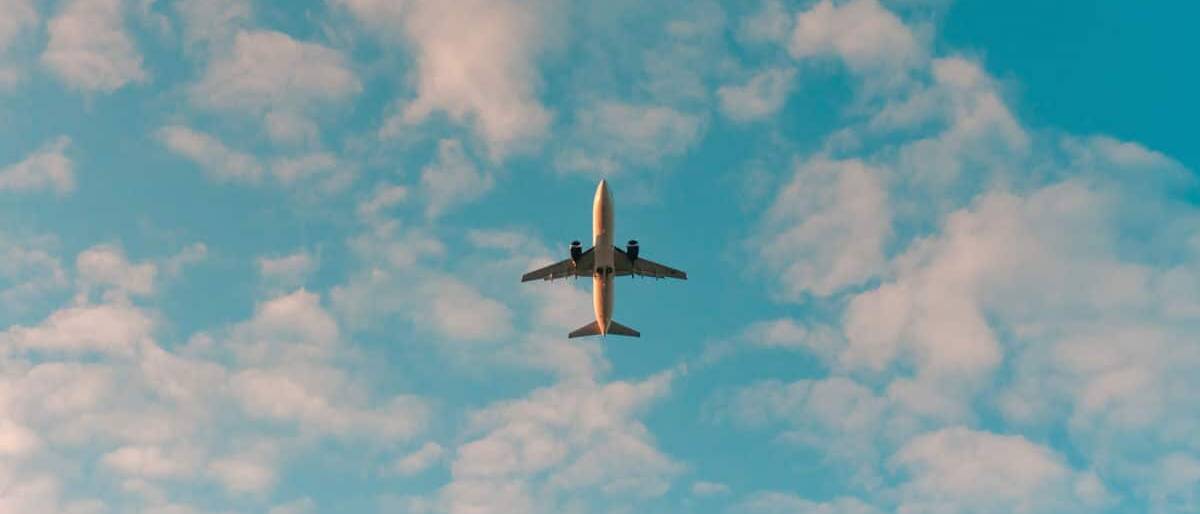
How can we travel more ethically?
Opinion + AnalysisClimate + EnvironmentHealth + Wellbeing
BY Simon Longstaff 14 DEC 2021
I used to be an inveterate traveller – so much so that I would take, on average, a minimum of two flights per week. That is no longer the case.
I have trouble recalling the last time I was on an aeroplane. That will change this week, when I board a flight for Tasmania – my third attempt, in two years, to join family there. So, is this the beginning of a return to a life of endless travel – both at home and abroad? Or will a trip to the airport continue to be a relatively rare experience?
Of course, such questions apply to all modes of transport – whether they be by road, rail, air or sea. Perhaps we have become conditioned to think that the answers lie in the hands of public health officials and government ministers who, between them, can stop us in our tracks.
However, every journey begins with us – with a personal decision to travel. So, what should we take into account when making such a decision?
Perhaps one of the most important considerations is to do with who bears the burden of our decision. A 2018 article published in Nature Climate Change estimated that tourism contributes to 8% of the world’s climate emissions, with those emissions likely to grow at the rate of 4% per annum. Of these emissions, 49% were attributable to transport alone. And this was just tourism.
One also needs to add to this the emissions of people, like me, largely travelling for reasons of work rather than leisure. One of the effects of the current global pandemic has been to reduce, to a massive degree, the level of emissions caused by travel. This is welcome news to those most likely to be affected by predicted changes caused by anthropogenic warming – notably those living on low-lying islands and others whose lives (and livelihoods) are at risk of devastating harm.
Yet, it’s easy enough to find advertisements enticing us to travel to the very same low-lying islands whose economies rely on tourism. The paradoxes don’t end there. Another criticism of tourism is that it tends to commodify the cultures of those most visited – and in some cases does so to the point of corruption. Those who mount this criticism argue that we should value the diversity of ‘pristine’ cultures in the same way that we value pristine diversity in nature. Retaining one’s culture free from influences from the wider world is not necessarily the choice that people living within those cultures would make for themselves. Some hold fast to an unsullied form of life. Others are keen to share their experience with the world – not only as a source of income, but also out of a very human sense of curiosity and a desire to share the human experience.
To make matters even more complex, not all travel is for reasons of leisure or work. It is sometimes driven by necessity or a sense of obligation to others, such as when joining a loved one who is sick or dying, or to attend a family ceremony. Even those obliged to travel have, of late, been asked to ‘think twice’ or, in some cases, had the decision taken out of their hands due to border closures that have allowed few (if any) exemptions. And even those few exemptions tend to have been offered only to the very rich, powerful or popular.
This might seem to suggest that we should calibrate our decisions about travel according to its purpose. If one can achieve the same outcome by other means (such as using a video conference rather than meeting in person), then that should be the preferred option. However, I have discovered that this approach only gets you so far (excuse the pun). Some meetings only really work if people are in the same room – especially if the issues require nuanced judgement and there are some obligations (like those owed to a sick or dying relative) that can only be discharged in person.
Despite this, the causes of climate change or life-threatening viruses don’t have any regard for our motives for travelling. A virus can just as easily hitch a ride with a person rushing to the side of an ailing parent as a person off to relax on a beach. All other things being equal, they have the same impact on the environment.
Given this, how should we approach the ethical dimension of travel?
First, I think we need to be ‘mindful travellers’. That is, we should not simply ‘get up and go’ just because we can. We need to think about the implications of our doing so – including the unintended, adverse consequences of whatever decision we make.
Second, we should seek to minimise the unintended, adverse consequences. For example, can we choose a mode of travel that has minimal negative impact? It is this kind of question driving people to explore new forms of low-carbon transport options.
Third, can we mitigate unintended harm – for example, by purchasing offsets (for carbon) or looking to support Indigenous cultures where we might encounter them?
Finally, can we maximise the good that might be done by our travelling?
Ethics in your inbox.
Get the latest inspiration, intelligence, events & more.
By signing up you agree to our privacy policy
You might be interested in…
Opinion + Analysis
Climate + Environment, Politics + Human Rights
Australia, it’s time to curb immigration
Opinion + Analysis
Business + Leadership, Health + Wellbeing, Relationships
Ending workplace bullying demands courage
Opinion + Analysis
Health + Wellbeing, Society + Culture
Alpha dogs and the toughness trap: How we can redefine modern masculinity
Opinion + Analysis
Health + Wellbeing, Society + Culture
The right to connect
BY Simon Longstaff
Simon Longstaff began his working life on Groote Eylandt in the Northern Territory of Australia. He is proud of his kinship ties to the Anindilyakwa people. After a period studying law in Sydney and teaching in Tasmania, he pursued postgraduate studies as a Member of Magdalene College, Cambridge. In 1991, Simon commenced his work as the first Executive Director of The Ethics Centre. In 2013, he was made an officer of the Order of Australia (AO) for “distinguished service to the community through the promotion of ethical standards in governance and business, to improving corporate responsibility, and to philosophy.” Simon is an Adjunct Professor of the Australian Graduate School of Management at UNSW, a Fellow of CPA Australia, the Royal Society of NSW and the Australian Risk Policy Institute.
COP26: The choice of our lives
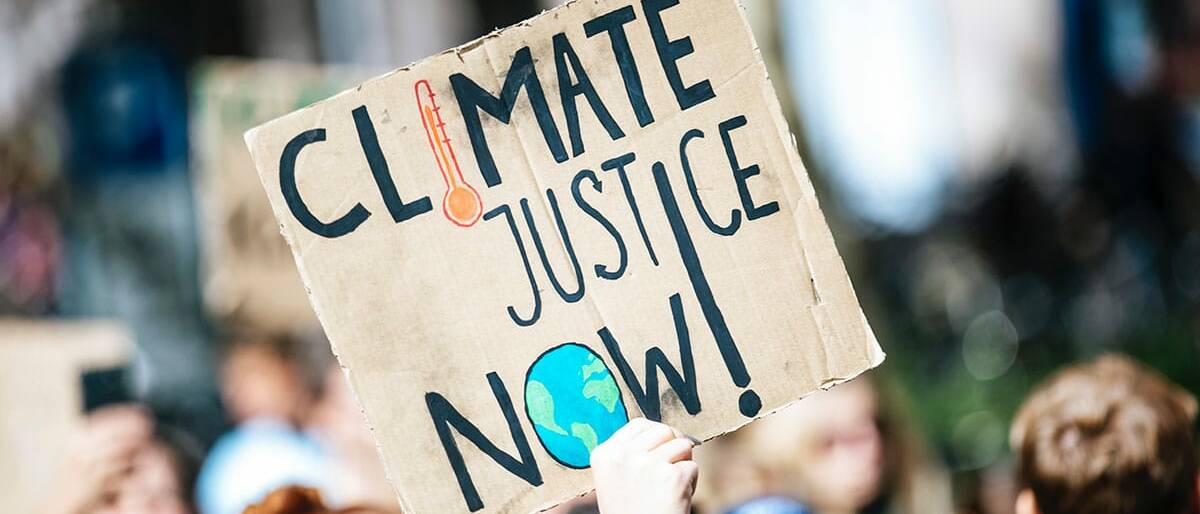
COP26: The choice of our lives
Opinion + AnalysisPolitics + Human Rights
BY Simon Longstaff 25 OCT 2021
There is such a thing as truth. It might be difficult to discern.
Aspects of the truth might vary depending on one’s perspective. However, there are some things that can be known with a certainty sufficient to guide practical action. One of those truths is that life is fragile. The more complex its form, the greater its vulnerability. In the web of life, the severing of one strand can lead the whole to unravel. Cataclysmic failure is not inevitable. It’s just possible – and that is worth knowing. Those who gamble with life take a mighty risk.
In ethics – facts matter. They really matter. Too often, they are ignored by those who think that good intentions are enough. By themselves, good intentions are not enough.
These and other matters are worth bearing in mind as a selection of the world’s leaders gather in Glasgow for COP26. The overwhelming consensus of the world’s leading climate scientists is that life-as-we-know-it is imperiled by the cumulative effects of greenhouse gases. We, humans, are the major source of those emissions. We are the most powerful force on this planet. Our choices shape and make the world what it is.
Ethics is about how these choices are made. It identifies and examines the drivers of choice and ultimately helps us to discern what is good or bad, right or wrong, in the choices we make. At its most fundamental level, ethics underpins the world we make.
So, in every respect, what happens in Glasgow is a matter of ethics.
It is also a matter of politics – and this is where the divorce between ‘ethics’ and ‘politics’ is a cause for concern. The division was never intended to be as great as it has become. For Aristotle, ‘ethics’ and ‘politics’ were intended to be two sides of the same coin. Ethics was concerned with questions about the good life for an individual. Politics was also concerned about questions to do with the good life – but as applied to the community as a whole.
In the lead up to COP26 in Glasgow, we have witnessed a very partial kind of politics that has no apparent concern for the national interest. Instead, the debate about climate change has been recast as a contest between country and city.
In prosecuting their case, the National Party has sought to remain part of the national government while simultaneously trashing the most basic obligation of governments: that they govern for the sake of all.
I should make it clear that when it comes to climate policy, the Ethics Centre has been one of the earliest and most steadfast advocates for a just and orderly transition to a more sustainable future – for everyone affected, not just those living under the National Party’s wing.
The attempt to weaken Australia’s position in Glasgow hinges on a couple of arguments. First, the claim is made that anything Australia does to reduce its contribution to global warming will be ‘futile’ – as our national impact is tiny in comparison to major polluters such as China and India. Second, it is argued that the cost to the economy is just too great to bear – especially for those working in ‘climate exposed’ industries. The National Party then adds to this critique by stating that people living in the cities are asking their country cousins to carry a disproportionate share of the burden.
History reveals what is wrong with such arguments. For example, consider the decision, by a Labor Government, unilaterally to slash tariffs and embark upon an ambitious program to promote free trade. The decision to do so was grounded in a commitment to the national interest and the reasonable belief that, in the long term, the benefits would outweigh the costs – and be shared by all. Back then (as now), Australia represented only around 3% of global trade. In that sense, slashing Australian tariffs could have been presented as a ‘futile gesture’. After all, why cut tariffs in advance of the world’s major economies? And that argument was made by those who opposed trade liberalisation at the time – the Coalition parties.
So, who are the major beneficiaries of free trade? It is the people whom the National Party claims to represent; those working in agriculture, mining and minerals. Who paid the price? Hundreds of thousands of people who lost their jobs in manufacturing – mostly in industries like textiles, clothing, footwear, automotive, etc. And where did most of these people live? In metropolitan areas. So it has been ever since. Australia’s free trade deals inevitably aim to maximise the incomes of people living in rural and regional Australia while leaving the price to be paid by people living in the cities.
Have we heard anyone from the National Party offering sympathy for those who have paid such a high price for regional prosperity? Not a word. Indeed, not a word from anyone. Why the silence? Well, you could put it down to political indifference. Or, it could be that there is now a broad consensus that despite the pain of transition (which typically has been disorderly and unjust), the national interest has been served.
Which brings us back to Glasgow.
Nearly everyone – other than the Federal Government – seems to agree that, for Australia, Glasgow presents a golden opportunity. The adoption of strong, binding targets could enable Australia to become one of the most prosperous nations the world has ever known. We have access to unlimited renewable energy, vast natural resources, a stable socio-economic environment, educated people and so on. We have everything needed to prosper. Indeed, just as it was in Australia’s national interest unilaterally to cut tariffs and embrace free trade, so it is in our national interest to embrace ambitious climate targets – not just for 2050 but by 2030. The stronger the drivers, the better the longer-term outcome.
Yet, even as I write these words, I wonder if this is to miss the point?
As noted above, Aristotle thought ‘ethics’ and ‘politics’ should concern themselves with questions about the ‘good life’. But for whom? For people in the bush? For Australians? For humanity? Or is our duty to ‘life’ itself? Is not the truth about global warming’s threat to life on this planet the ultimate ethical foundation upon which to build strong commitments in Glasgow?
When it comes to life on this planet, there is no ‘town’ and ‘country’, no ‘Coalition and ‘Labor’, no ‘Us’ and ‘Them’. We are all in this together.
I realise that politics is the ‘art of the possible’ – and that the average politician is acutely sensitive to the sentiments of their electorate. However, there are times when, at their best, politicians enlarge our possibilities and in doing so, lead their electorate to a better place. This is why politics used to be considered the most noble calling of a citizen.
Our Prime Minister, Scott Morrison, has been wrestling with a form of politics that falls well short of that ideal. It is open to him to choose something better. That is both the gift (and curse) of his humanity. In Glasgow we will see not only what kind of politician Scott Morrison can be on our behalf. We will also get the measure of his capacity to lead. But most importantly, he will reveal the character of his humanity.
Ethics in your inbox.
Get the latest inspiration, intelligence, events & more.
By signing up you agree to our privacy policy
You might be interested in…
Opinion + Analysis
Politics + Human Rights, Relationships
Standing up against discrimination
Opinion + Analysis
Business + Leadership, Politics + Human Rights
Character and conflict: should Tony Abbott be advising the UK on trade? We asked some ethicists
Opinion + Analysis
Society + Culture, Politics + Human Rights
Taking the cynicism out of criticism: Why media needs real critique
Opinion + Analysis
Politics + Human Rights
He said, she said: Investigating the Christian Porter Case
BY Simon Longstaff
Simon Longstaff began his working life on Groote Eylandt in the Northern Territory of Australia. He is proud of his kinship ties to the Anindilyakwa people. After a period studying law in Sydney and teaching in Tasmania, he pursued postgraduate studies as a Member of Magdalene College, Cambridge. In 1991, Simon commenced his work as the first Executive Director of The Ethics Centre. In 2013, he was made an officer of the Order of Australia (AO) for “distinguished service to the community through the promotion of ethical standards in governance and business, to improving corporate responsibility, and to philosophy.” Simon is an Adjunct Professor of the Australian Graduate School of Management at UNSW, a Fellow of CPA Australia, the Royal Society of NSW and the Australian Risk Policy Institute.
Vaccination guidelines for businesses

Vaccination guidelines for businesses
Opinion + AnalysisBusiness + LeadershipPolitics + Human Rights
BY Simon Longstaff 14 OCT 2021
Businesses are having to address complex ethical questions about the extent to which a person’s vaccination status should be a condition of employment.
Here are some guidelines to consider:
1. There is a difference between a mandatory requirement (where there is no choice) and a condition of employment (which people can choose to meet as they think best).
Many jobs impose conditions of employment that relate to a person’s health status (including whether or not they have been vaccinated).
2. Respect and promote the maximum degree of freedom of employees – limited only by what is required to meet one’s obligations to others.
In determining this it’s important to consider:
- The nature of any duties owed to other people – including employees, customers, and members of the community more generally.
- The specific context within which people will come into contact with your employees e.g. frequency, proximity, location – and estimate the way these variables shape ‘the risk envelope’.
3. Determine if a legitimate authority (e.g. a government) has made any rules.
This includes Legislation, regulation, public health orders, etc. that determine how the business must act. For example, governments may set license conditions that ‘tie the hands’ of specific employers.
4. Actively seek alternative means by which employees might perform their roles, even if they are not vaccinated.
Note, alternatives must be practical and affordable.
5. Determine who bears the burden (including the cost) of alternative measures.
For example, should employees who choose not to be vaccinated be required to be masked, or to use rapid antigen testing at their expense?
6. Consider how roles might be reassigned amongst the unvaccinated.
With priority given to those with medical exemptions.
7. Treat every person with respect – ensuring that no person is ridiculed or marginalised because of their choice.
But note that respect for one person or group does not entail agreement with their position; nor does it void one’s obligations to others or your right, as an employer, to advance your own interests.
8. Be prepared to adjust your own position in response to changing circumstances.
Including evidence based on the latest medical research relating to vaccine safety and efficacy, etc.
Read more on the difference between compulsory and conditional requirements here.
Ethics in your inbox.
Get the latest inspiration, intelligence, events & more.
By signing up you agree to our privacy policy
You might be interested in…
Opinion + Analysis
Business + Leadership
Leaders, be the change you want to see.
Opinion + Analysis
Politics + Human Rights, Relationships
How to have a conversation about politics without losing friends
Opinion + Analysis
Business + Leadership
Taking the bias out of recruitment
Opinion + Analysis
Business + Leadership
The 6 ways corporate values fail
BY Simon Longstaff
Simon Longstaff began his working life on Groote Eylandt in the Northern Territory of Australia. He is proud of his kinship ties to the Anindilyakwa people. After a period studying law in Sydney and teaching in Tasmania, he pursued postgraduate studies as a Member of Magdalene College, Cambridge. In 1991, Simon commenced his work as the first Executive Director of The Ethics Centre. In 2013, he was made an officer of the Order of Australia (AO) for “distinguished service to the community through the promotion of ethical standards in governance and business, to improving corporate responsibility, and to philosophy.” Simon is an Adjunct Professor of the Australian Graduate School of Management at UNSW, a Fellow of CPA Australia, the Royal Society of NSW and the Australian Risk Policy Institute.
The erosion of public trust
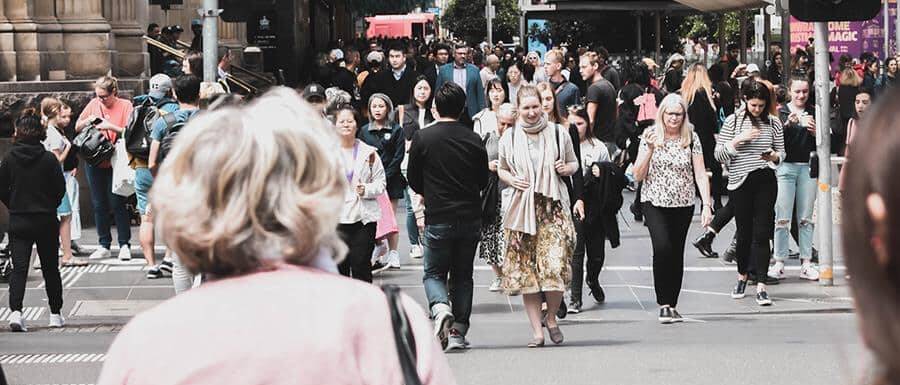
The erosion of public trust
Opinion + AnalysisPolitics + Human Rights
BY Simon Longstaff The Ethics Centre 17 SEP 2021
Christian Porter’s decision to accept an anonymous donation of one million dollars to help cover his personal legal costs has not merely raised questions about his personal judgement.
It has, once again, exposed larger issues about the extent to which some of our government ministers understand the demands of political leadership in a democracy.
To be clear, I do not see anything wrong, in general, with a person accepting financial support to cover the costs of litigation. Nor is there anything problematic about offering such support. There is not even a problem, in general, with such support being anonymous. So, if Mr. Porter were just an ‘ordinary citizen’, there would be little to discuss.
The controversy is solely related to the fact that Mr. Porter is a Member of Parliament and was a cabinet minister in the Federal Government led by Prime Minister Scott Morrison – a position that Porter freely chose to accept, presumably with knowledge of all that it requires. The fact that Mr. Porter resigned from the Ministry allays one source of concern. However, the issues at the heart of this controversy extend well beyond the treasury benches to encompass all serving MPs.
In fact, Mr. Porter’s case raises important issues of principle; namely, whether or not politicians (of all political persuasions) should be allowed, in our democracy, to receive substantial amounts of money by way of anonymous donations. In this, the acid test is not what is convenient (or not) for politicians and their supporters. Rather, the only consideration should be in relation to what supports, or undermines, the quality of our democracy.
Now, it could turn out to be the case that Mr. Porter has not broken any formal rules. Whether or not this is the case will be determined in due course. Yet, to think that this is simply a matter of compliance is, I believe, to miss the point. We are living through a time when the exemplary power of leadership is a potent force for both good and ill. And some of our politicians just don’t seem to understand this!
Ideally, I would prefer to cite examples from across the political spectrum. I am sure that they exist. Unfortunately, the spotlight tends to fall on those in power. So, when a government minister doles out public funds for a private political purpose it has a chilling effect on public trust in those who govern, even if what was done is technically within the rules. Then we have the case of Christian Porter – which, as noted above, seems to offer evidence of either ignorance of, or indifference to, basic standards of good governance.
We might all genuinely sympathise with the desire of a dad to be with his children on Father’s Day. However, when the Prime Minister takes advantage of an opportunity not available to hundreds and thousands of their fellow-citizens, it leaves the impression that there is one rule for the powerful and another for the rest of us.
As noted above, the issue I am concerned about does not concern compliance with the rules. It’s not that such questions are unimportant. It’s just not the focus of this article. Rather, I am worried about the effects of a continuing erosion of trust in our government. Some people might think this to be a trivial matter. Perhaps it is when nothing much is at stake. However, those are not the times in which we are living.
The COVID19 pandemic has been the most significant threat to Australia in the past 50 years. Furthermore, the response to that threat has largely lain in the hands of the community as a whole. Governments can lead, they can put in place policies and procedures, they can supply critical resources like vaccines and safe quarantine facilities. Yet, none of that will be to good effect unless ordinary Australians accept the costs of lockdowns, wear masks, remain socially distant, be vaccinated, etc. This requires the public to look beyond self-interest. The community as a whole has to have a concern for the general welfare of society. Most importantly, we need to be able to trust the judgement and advice of those who govern.
At least in part, this depends on us believing that our political leaders are in this with us; that we are ‘all in the same boat’.
Also, we need to believe that our politicians will act solely in the public interest and that if, for some reason, they do not, then they will be held to account with at least the same degree of rigour that applies to the rest of us.
Leaders should not wait until a time of crisis to demonstrate their integrity. Every decision – including those that do not ‘seem to matter’ – builds (or undermines) the ethical capital upon which politicians must draw at times such as these. That is, the character of political leadership is established in fine detail over time. Mere compliance with the rules is the bare minimum – nothing more. The real ‘weight’ lies in countless acts of discretion not merely in terms of substance but equally in terms of their symbolic significance.
We should all realise that this imposes an extraordinary burden on our politicians. Their public service requires more of them than we demand of ourselves. However sympathetic we might be to their plight, that is the price that must be paid by those who choose to govern. Alas, this is the lesson that a number of our political leaders seem not to have learned.
Ethics in your inbox.
Get the latest inspiration, intelligence, events & more.
By signing up you agree to our privacy policy
You might be interested in…
Opinion + Analysis
Politics + Human Rights
(Roe)ing backwards: A seismic shift in women’s rights
Opinion + Analysis
Health + Wellbeing, Politics + Human Rights
‘Eye in the Sky’ and drone warfare
Opinion + Analysis
Business + Leadership, Politics + Human Rights, Science + Technology
Not too late: regaining control of your data
Opinion + Analysis
Politics + Human Rights, Relationships, Society + Culture
Of what does the machine dream? The Wire and collectivism
BY Simon Longstaff
Simon Longstaff began his working life on Groote Eylandt in the Northern Territory of Australia. He is proud of his kinship ties to the Anindilyakwa people. After a period studying law in Sydney and teaching in Tasmania, he pursued postgraduate studies as a Member of Magdalene College, Cambridge. In 1991, Simon commenced his work as the first Executive Director of The Ethics Centre. In 2013, he was made an officer of the Order of Australia (AO) for “distinguished service to the community through the promotion of ethical standards in governance and business, to improving corporate responsibility, and to philosophy.” Simon is an Adjunct Professor of the Australian Graduate School of Management at UNSW, a Fellow of CPA Australia, the Royal Society of NSW and the Australian Risk Policy Institute.
BY The Ethics Centre
The Ethics Centre is a not-for-profit organisation developing innovative programs, services and experiences, designed to bring ethics to the centre of professional and personal life.
Australia's ethical obligations in Afghanistan

Australia’s ethical obligations in Afghanistan
Opinion + AnalysisPolitics + Human Rights
BY Simon Longstaff 1 SEP 2021
After 20 years of waging war in Afghanistan, the United States and its allies (including Australia) have withdrawn from the field – leaving the Taliban back in power.
The temptation is to label this outcome a resounding defeat. But how does one judge in such matters? Perhaps the Taliban of 2021 has learned, over the past 20 years, how to be better governors of Afghanistan – at least better than they were in the period leading up to 2001; and better than the series of governments that have muddled along in the interim. Perhaps the quality of the peace that will now prevail in Afghanistan will be better than that which would have otherwise existed if no war had been fought. If so, then the loss may not be as great as first thought.
Countries like Australia will need to act on their obligation to stay the course and help the Afghan people as best as they can.
Yet, if this possibility is ever to amount to something more than a feeble dream, then those who fought war need to do more than ‘hope for the best’. Rather, countries like Australia will need to act on their obligation to stay the course and help the Afghan people as best as they can.
Some might challenge the idea that Australia is bound by any obligation to the Afghans. After all, it might be said, have we not already invested a small fortune in treasure? Have we not already sent our sons and daughters to shed blood and to die under the Afghan sun?
My answer begins with the simple truth that, for the most part, we found ourselves expending blood and treasure for our own benefit – and not, primarily, for the good of Afghanistan. Much as we might be comforted by the rhetoric of ‘noble causes’ and ‘high ideals’, when it comes to the realpolitik of statecraft, our politicians send our forces into harm’s way in service of what they plainly believe to be the national interest. As has so often been the case, we went to war to support our most important ally, the United States of America. We went to war so that we could sleep more soundly in our beds – by blunting the edge of terrorism. So, our arrival in Afghanistan (and all that followed) was not driven by an overarching desire to improve the lives of Afghans.
Of course, we also aimed to do some good – and indeed we did. Many Afghans have led better lives due to Australia’s investment in aid and development. Indeed, I have first-hand knowledge of the efforts we have gone to in helping to improve, say, the circumstances of women and girls in Afghanistan. The good we did is real. However, let’s not pretend that it was the product of altruism alone.
I have made much of the self-interest of nations because I think it is key to our understanding the ethical obligation that still binds the Australian government – despite our withdrawal.
As we know, thousands of Afghans rallied to our cause. They served as locally engaged staff in our embassy. They worked as interpreters – both in civilian and military settings. They were our partners in aid and development projects. All of these people directly enabled Australia to realise – as far as possible – its strategic objectives. They did so at considerable personal risk – openly assisting a self-declared enemy of the Taliban (and even more extreme groups like ISIS-K). This risk was exacerbated by the work they did – on our behalf – not just in areas of conflict. For example, what would a hardline opponent to women’s empowerment think of those who have worked tirelessly to achieve that outcome? Surely, those who worked to help women now have a target on their back!
It’s not just specific individuals we need to think of. Large numbers of apparently unconnected Afghans have borne the brunt of 20 years of war waged for our benefit. They were the ones maimed and killed – whether as ‘collateral damage’ or as the intended victims of fundamentalists bent on dominating and pacifying through terror.
It was shameful that our response to the growing power of the Taliban was to do ‘too little, too late’.
Given all of this, it was shameful that our response to the growing power of the Taliban was to do ‘too little, too late’. In saying this, I acknowledge that very few people predicted the speed or comprehensive nature of the Taliban victory. However, I suspect that the larger problem was that too few in government truly understood the depth of our obligation to those Afghans who have assisted us. As much as anything else, it is the sense of indifference that has led many in our armed forces to feel that we have betrayed those left behind – and to express a sense of shame on behalf of our nation.
We should have had much to celebrate. Despite the dark shadow cast by the findings of the Brereton Report, there is much to be proud of in terms of Australia’s overall contribution. That legacy is at risk of being sullied by the manner of Australia’s departure and the sense that we will do the minimum that decency requires – and then wash our hands of the whole thing, leaving our faithful collaborators to pay the price of our failure.
I mentioned before that talk of defeat may turn out to be illusory; that there is a chance that 20 years of war has led to a better future than could otherwise have been hoped for. This brings to mind an old Islamic proverb, “Trust in Allah! … but tie the camel’s leg”.
If we are to find honour, then we must not abandon our Afghan colleagues – not even now when the evacuation has been declared ‘complete’. We need to make it easy for those we left behind to secure visas. We need to ease their passage to safety. We need to continue to invest – if at all possible – in programs that improve the plight of ordinary Afghans – even while they live under Taliban rule.
That much we owe them for bearing their share of the burdens arising out of our self-interested invasion of their country.
Ethics in your inbox.
Get the latest inspiration, intelligence, events & more.
By signing up you agree to our privacy policy
You might be interested in…
Explainer
Politics + Human Rights
Ethics Explainer: Just War Theory
Opinion + Analysis
Politics + Human Rights, Relationships
Ask an ethicist: do teachers have the right to object to returning to school?
Opinion + Analysis
Politics + Human Rights, Relationships, Society + Culture
You won’t be able to tell whether Depp or Heard are lying by watching their faces
Opinion + Analysis
Politics + Human Rights, Relationships
Adoption without parental consent: kidnapping or putting children first?
BY Simon Longstaff
Simon Longstaff began his working life on Groote Eylandt in the Northern Territory of Australia. He is proud of his kinship ties to the Anindilyakwa people. After a period studying law in Sydney and teaching in Tasmania, he pursued postgraduate studies as a Member of Magdalene College, Cambridge. In 1991, Simon commenced his work as the first Executive Director of The Ethics Centre. In 2013, he was made an officer of the Order of Australia (AO) for “distinguished service to the community through the promotion of ethical standards in governance and business, to improving corporate responsibility, and to philosophy.” Simon is an Adjunct Professor of the Australian Graduate School of Management at UNSW, a Fellow of CPA Australia, the Royal Society of NSW and the Australian Risk Policy Institute.
Vaccines: compulsory or conditional?

Vaccines: compulsory or conditional?
Opinion + AnalysisHealth + WellbeingPolitics + Human Rights
BY Simon Longstaff 16 AUG 2021
One of the most significant ethical issues to confront the community in the current phase of the COVID-19 pandemic concerns the extent to which people should be required to achieve full vaccination.
The debate mirrors earlier discussions about where to set the balance between public safety and personal liberty. In the wake of events such as the 9/11 terrorist attack or the Bali bombing, successive governments introduced legislation to curb civil liberties that, in some cases, had been fought for centuries ago – with the shedding of much blood in the name of liberty.
However, there was scarcely a whimper of protest from conservatives at that time, or since. Former Prime Minister, Tony Abbott, spoke for many government leaders when, in February of 2015, he said that, “There is no greater responsibility – on me – on the government – than keeping you safe”.
That formula has been invoked time and time again in response to criticism from those who have questioned the erosion of civil liberties. Once again, Tony Abbott outlined the rationale for preferring public safety over personal liberty, noting that one or two people could pose a threat to the community. In the same national security statement quoted above, Mr Abbott when on to say, “But frankly, I’d rather lose a case, than lose a life.”
For the most part, the community has accepted this set of prescriptions. It is against this background that one needs to understand the approach of government to the menace posed by COVID – where lives can be threatened by the actions of just one or two individuals – including those who are free from malicious intent.
As noted above, I cannot think of single conservative commentator who took Mr Abbott (or other leaders) to task for their preference of public safety over personal liberty. Yet, many of these same commentators are lining up to condemn politicians who take an identical stance in response to the proportionately greater risk to life posed by COVID-19. In doing so, some have decided to oppose a range of government measures that they think identify as violating individual liberties – ranging from ‘lockdowns’ to vaccination.
Unhelpfully, the debate has been skewed by the failure to make a clear distinction between different types of restriction.
As far as I know, there has been no serious proposal – from government or the private sector – for ‘compulsory vaccinations’. Yet, this ‘red herring’ is causing widespread debate and a fair measure of concern.
So, how should we think about the issue of vaccinations?
It seems to me that the greatest source of confusion (and concern) lies in the failure to distinguish between three types of requirement: compulsory, optional and conditional.
Compulsory requirements are enforced – and those that contravene are subject to punishment. There are very few compulsory requirements in liberal democracies. Examples in Australia include: the requirement for children to be educated (e.g. attend school); and the requirement that adult citizens attend voting places and receive a ballot paper (whether they cast a valid vote or not is up to them). Most recently, we have had genuinely compulsory ‘lockdowns’. If you fail to abide by the rules, then you are subject to formal punishment by the state.
Optional requirements leave each person to decide whether or not to engage in the specified activity – without consequence. As such, they are generally held to be uncontroversial.
Conditional requirements are far more common. Typically, they are in the form of: ‘if … then’. For example, ‘if you wish to drive a car … then you must be licensed to do so’. Or, ‘if you wish to enter this mine … then you must wear safety equipment’. As will be evident, no person is required to drive a car or enter a mine site. To do so is a matter of choice. In this lies the principal difference between ‘conditional’ and ‘compulsory’ requirements.
I have not really heard anyone make the case for ‘compulsory’ vaccination. Rather, there are arguments being made in favour of vaccination as a ‘conditional requirement’. So, how might such a requirement be justified?
First, it is easy to justify such a requirement in order to protect the health and safety of a community or a workplace. This was the line of argument that Peter Singer attributed to John Stuart Mill, in his recent opinion piece in The Sydney Morning Herald. Second, one can also justify a conditional requirement as a precondition for being able to perform a function. Third, one can set a condition that requires a person not to render themselves either unsafe or unable to perform their role. For example, a mining company might require an employee to wear protective clothing or sunscreen. This is not solely to keep the employee safe. It also ensures that the person remains fit (physically able) to perform their role, free from injury.
The same thinking can also be extended to the idea that an employee should remain fit (physically able) to perform their role free from disease. As noted above, this conditional requirement could be seen as being directed towards the welfare of the employee. Or it could be a requirement for the benefit of the employer.
In either case, no person is compelled to work under such conditions. If they are not prepared to accept the condition, then they may choose not to work for an employer imposing such a requirement. As noted above, this is common and uncontroversial in many, many cases.
A final note: nothing here has any implications for what a person should or should not believe. For example, a person may have a ‘magical belief’ that they are protected from the risk of injury or disease, yet still be required to wear safety equipment. A person may believe that COVID-19 is a ‘hoax’ yet still have to meet the conditional requirement that they be vaccinated.
Governments, companies, etc. should not be in the business of imposing beliefs on others. They can seek to persuade – but nothing more. However, they have every right to set conditions on behaviour and then leave it to people to choose whether or not to meet the conditional requirements that have been set.
Of course, this leaves open one final possibility – that a person may be unable to meet the condition through no fault of their own. For example, some people cannot operate the pedals on a car – yet may still wish to drive. The fact that they cannot operate an unmodified vehicle is not a matter of choice (or an absence of will) – it is a physical impossibility. In such cases, society might try to develop mechanisms (e.g. modified control systems) to offset the limitations. However, this will not always be possible.
Should an employer set vaccination as a condition of employment?
The decision to undertake any kind of medical procedure is a serious one.
Normally, this would be a private matter – especially when it relates to the health of an individual. However, there are multiple precedents for setting conditional requirements of a kind that involve medical procedures, including vaccination. For example, as things stand, one cannot travel to certain countries without vaccination (yellow fever). But to what extent, if any, might the context of employment render a different ethical outcome? For example, should employers apply a ‘test of relevance’ (e.g. different requirements for people working in aged care/disability sectors than, say, for construction workers)?
Some might argue that there is room for conscientious objection – but it has always been a mark of genuine cases, of conscientious objection, that people be prepared to accept the consequences of acting in conformance with their conscience. Also, the duty is to act on a well-informed conscience. That is, one cannot claim the protections or validations of conscience when based in proven error (e.g. in the belief that vaccines do not work, that they contain micro-chips, etc.).
Thus, when it comes to balancing safety vs freedom it should be recognised that both values are of importance. However, good health is an enabler of freedom. Therefore, freedom from the risk of infection (e.g. amongst employees) should be given priority. This would allow for the establishment of ‘conditional requirements’ (such as in the case of a vaccine passport). But these requirements should be structured as the minimum necessary to secure safety. For example, if the job can be done while working from home, then that should be allowed amongst those who choose not to be vaccinated. On the other hand, if the job requires contact with others (if this is strictly necessary), then a refusal to be vaccinated would be equivalent to refusing to take an anti-doping blood test (in elite sports) or to wear safety equipment in a mine.
What questions should employers consider about vaccination?
- Does vaccination significantly reduce the risk of transmission to others? If so, does the employer have a duty to limit the risk of infection faced by its employees (as a whole), customers, etc.?
- Does COVID present a risk that an infected employee will be unable to perform their duties? If so, is the risk sufficient to justify a conditional requirement that the employee protect themselves from this harm?
- What exceptions (if any) can be made for people who are unable to meet the conditional requirement (e.g. medically unfit to be vaccinated)? To what extent can the person’s work practices be managed to take account of this limitation (e.g. special facilities, use of additional PPE, etc.) so as to balance the interests of the individual and the wider group?
Conditional requirements are an everyday occurrence. They range from clothing requirements (e.g. to enter certain places), to the possession of licences, to the need for vaccinations when travelling to certain countries overseas. Some of these requirements are established to reflect cultural preferences, or as indicators of respect for particular institutions or places or as being necessary to realise values like those of ‘safety’, ‘efficiency’, etc.
In the end, when values compete – as in the case of ‘public safety’ vs ‘personal liberty’ the best approach is to seek to make every effort to minimise the damage to one value to the greatest extent possible while realising the other. It’s an approach that I think we failed to heed when it came to our nation’s response to the threat posed by terrorism – sowing the seeds that we seem to be harvesting today.
Perhaps this time round, we can do better.
As a small beginning, I wonder if we can at least drop the reference to so-called ‘compulsory’ vaccinations and instead focus on what might count as a reasonable, conditional requirement.
Ethics in your inbox.
Get the latest inspiration, intelligence, events & more.
By signing up you agree to our privacy policy
You might be interested in…
Opinion + Analysis
Politics + Human Rights
Why compulsory voting undermines democracy
Opinion + Analysis
Health + Wellbeing, Society + Culture
Does your body tell the truth? Apple Cider Vinegar and the warning cry of wellness
Opinion + Analysis
Politics + Human Rights
Where do ethics and politics meet?
Opinion + Analysis
Politics + Human Rights, Relationships
Whose home, and who’s home?
BY Simon Longstaff
Simon Longstaff began his working life on Groote Eylandt in the Northern Territory of Australia. He is proud of his kinship ties to the Anindilyakwa people. After a period studying law in Sydney and teaching in Tasmania, he pursued postgraduate studies as a Member of Magdalene College, Cambridge. In 1991, Simon commenced his work as the first Executive Director of The Ethics Centre. In 2013, he was made an officer of the Order of Australia (AO) for “distinguished service to the community through the promotion of ethical standards in governance and business, to improving corporate responsibility, and to philosophy.” Simon is an Adjunct Professor of the Australian Graduate School of Management at UNSW, a Fellow of CPA Australia, the Royal Society of NSW and the Australian Risk Policy Institute.
No justice, no peace in healing Trump's America
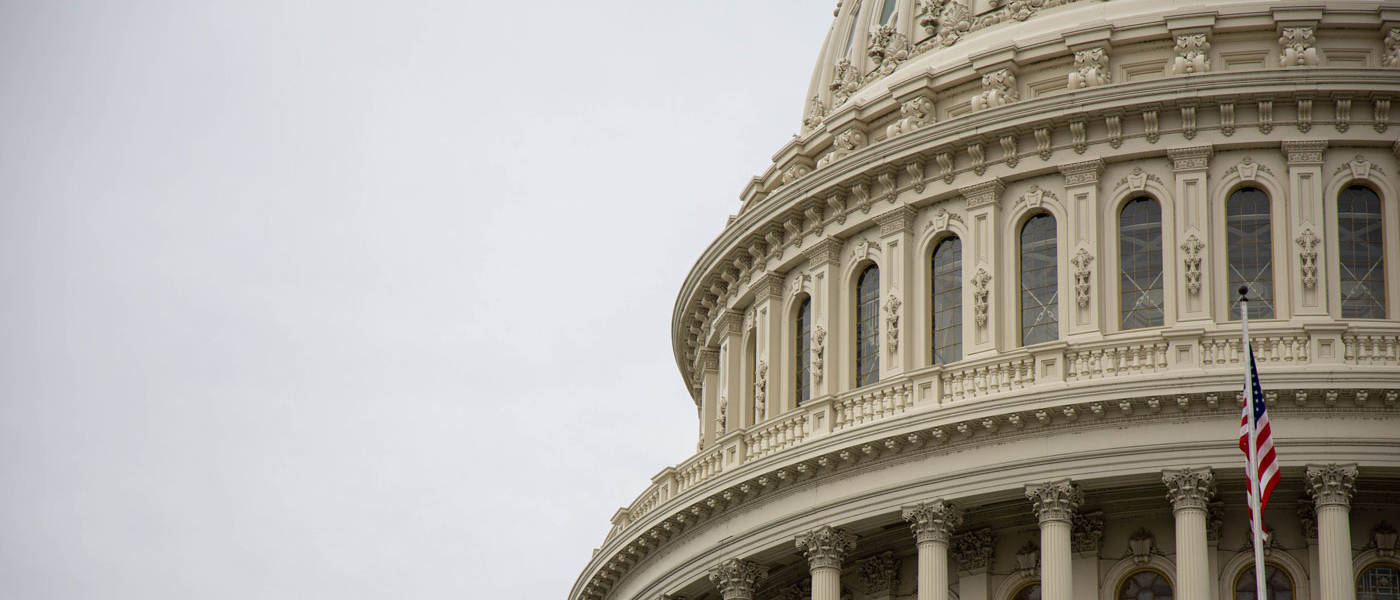
No justice, no peace in healing Trump’s America
Opinion + AnalysisBusiness + LeadershipPolitics + Human Rights
BY Simon Longstaff 21 JAN 2021
What fate should be reserved for Donald Trump following his impeachment by the US House of Representatives for his role in inciting insurrection?
Trump’s rusted-on supporters believe him to be without blame and will continue to lionise him as a paragon of virtue. Trump’s equally rusted-on opponents see only fault and wish him to be ground under the heel of history.
However, there is a large body of people who approach the question with an open mind – only to remain genuinely confused about what should come next.
On the one hand, there is an abiding fear that punishing Trump will fan the flames that animate his angry supporters elevating Trump’s status to that of ‘martyr-to-his-cause’. Rather than bind wounds and allow the process of healing to begin, the divisions that rend American society will only be deepened.
On the other hand, people believe that Trump deserves to be punished for violating his Oath of Office. They too want the wounds to be bound – but doubt that there can be healing without justice. Only then will people of goodwill be able to come together and, perhaps, find common ground.
There is merit in both positions. So, how might we decide where the balance of judgement should lie?
To begin, I think it unrealistic to hope for the emergence of a new set of harmonious relationships between the now three warring political tribes, the Republicans, Democrats and Trumpians. The disagreements between these three groups are visceral and persistent.
Rather than hope for harmony, the US polity should insist on peace.
Indeed, it is the value of ‘peace’ that has been most significantly undermined in the weeks since the Presidential election result was called into question by Donald Trump and his supporters. Rather than anticipate a ‘peaceful transition of power’ – which is the hallmark of democracy – the United States has been confronted by the reality of violent insurrection.
As it happens, I think that President Trump’s recent conduct needs to be evaluated against an index of peace – not just in general terms but specifically in light of what occurred on January 6th when a mob of his supporters, acting in the President’s name, broke into and occupied the US Capitol buildings – spilling blood and bringing death inside its hallowed chambers.
There is a particular type of peace that can be traced back to the Anglo-Saxon legal codes that provide the foundation for many of the laws we take for granted today. The King’s Peace originally applied to the monarch’s household – not just the physical location but also the ruler, their family, friends and retainers. It was a serious crime to disturb the ‘King’s Peace’. Over time, the scope of the King’s Peace was extended to cover certain times of the year and a wider set of locations (e.g. all highways were considered to be subject to fall under the King’s jurisdiction). Following the Norman Conquest, there was a steady expansion of the monarch’s remit until it covered all times and places – standing as a general guarantee of the good order and safety of the realm.
The relevance of all of this to Donald Trump lies in the ethical (and not just legal) effect of the King’s Peace. Prior to its extension, whatever ‘justice’ existed was based on the power of local magnates. In many (if not most places) disputes were settled on the principle of ‘might was right’.
The coming of the King’s Peace meant that only the ruler (and their agents) had the right to settle disputes, impose penalties, etc. The older baronial courts were closed down – leaving the monarch as the fountainhead of all secular justice. In a nutshell, individuals and groups could no longer take the law into their own hands – no matter how powerful they might be.
These ideas should immediately be familiar to us – especially if we live in nations (like the US and Australia) that received and have built upon the English Common Law. It is this idea that underpins what it means to speak of the Rule of Law – and everything, from the framing of the United States Constitution to the decisions of the US Supreme Court depend on our common acceptance that we may not secure our ends, no matter how just we think our cause, through the private application of force.
As should by now be obvious, those who want to forgive Donald Trump for the sake of peace are confronted by what I think is an insurmountable paradox. Trump’s actions fomented insurrection of the kind that fundamentally broke the peace – indeed makes it impossible to sustain. The insurrectionists took the law into their own hands and declared that ‘might is right’ … and they did so with the encouragement of Donald Trump and those who stood by him and whipped up the crowd in the days leading up to and on that fateful day when the Capitol was stormed.
There literally can be no peace – and therefore no healing – unless the instigators of this insurrection are held to account.
Finally, this is not to say that Donald Trump must suffer his punishment. There is no need for retribution or a restoration, through suffering, of a notional balance between ‘right’ and ‘wrong’. It may be enough to declare Donald Trump guilty of the ‘high crime and misdemeanour’ for which he was impeached. And if he remains without either shame or remorse, then it may also be necessary to protect the Republic from him ever again holding elected office – not to harm him but, instead, to protect the body politic.
Given all of this, I think that healing is possible … but only if built on a foundation of peace based on justice without retribution.
Ethics in your inbox.
Get the latest inspiration, intelligence, events & more.
By signing up you agree to our privacy policy
You might be interested in…
Explainer
Politics + Human Rights, Relationships
Ethics Explainer: Autonomy
Opinion + Analysis
Politics + Human Rights
The Australian debate about asylum seekers and refugees
Opinion + Analysis
Business + Leadership, Politics + Human Rights
Character and conflict: should Tony Abbott be advising the UK on trade? We asked some ethicists
Opinion + Analysis
Society + Culture, Politics + Human Rights
What happens when the progressive idea of cultural ‘safety’ turns on itself?
BY Simon Longstaff
Simon Longstaff began his working life on Groote Eylandt in the Northern Territory of Australia. He is proud of his kinship ties to the Anindilyakwa people. After a period studying law in Sydney and teaching in Tasmania, he pursued postgraduate studies as a Member of Magdalene College, Cambridge. In 1991, Simon commenced his work as the first Executive Director of The Ethics Centre. In 2013, he was made an officer of the Order of Australia (AO) for “distinguished service to the community through the promotion of ethical standards in governance and business, to improving corporate responsibility, and to philosophy.” Simon is an Adjunct Professor of the Australian Graduate School of Management at UNSW, a Fellow of CPA Australia, the Royal Society of NSW and the Australian Risk Policy Institute.
Berejiklian Conflict
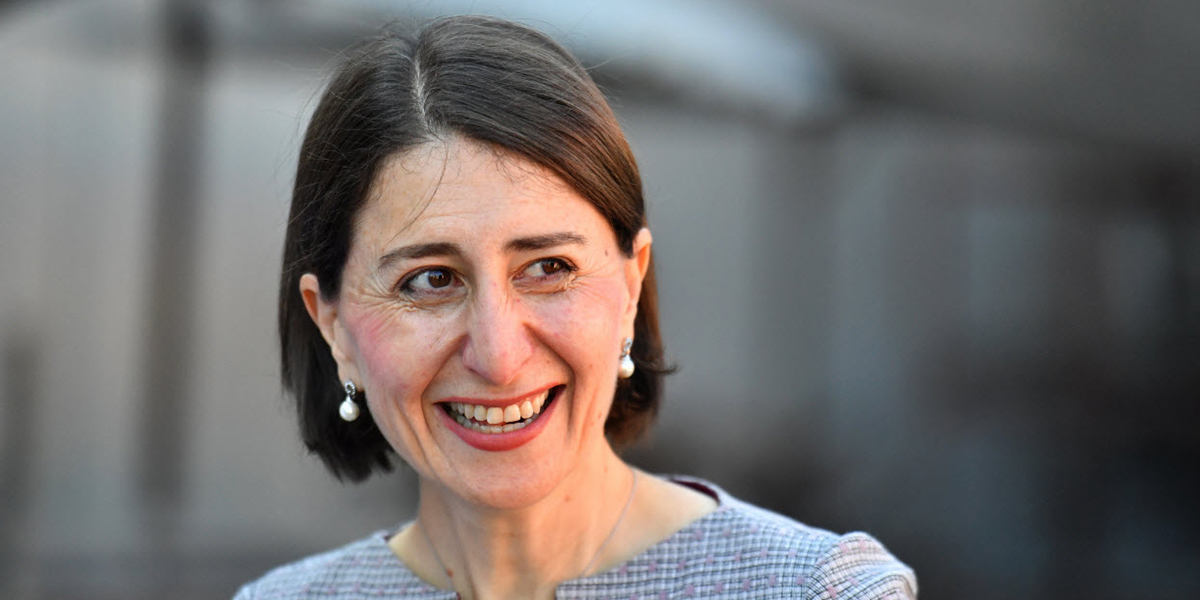
Berejiklian Conflict
Opinion + AnalysisBusiness + LeadershipPolitics + Human Rights
BY Simon Longstaff 14 OCT 2020
The next phase in the political life of NSW Premier, Gladys Berejiklian, depends on answers to three questions.
First, was her former relationship with Daryl Maguire not just ‘close’ but, in fact, an “intimate personal relationship”? Second, did the Premier make or participate in any decisions that could reasonably be expected to confer a private benefit on Mr Maguire? Finally, if the answer is ‘yes’ to each of these questions, then did Ms Berejiklian declare her interest in the Ministerial Register of Interests and seek the permission of Cabinet to continue to act?
Nothing else matters – not the Premier’s choice of friends, not her judgement … only the answer to those three questions.
The reason for this can be found in the NSW Ministerial Code of Conduct (the Ministerial Code) which has the force of Law. As might be expected, the Ministerial Code imposes obligations that are in addition to and are more onerous than, those applying to Members of Parliament.
The Preamble to the Ministerial Code of Conduct says, amongst other things, that, “In particular, Ministers have a responsibility to avoid or otherwise manage appropriately conflicts of interest to ensure the maintenance of both the actuality and appearance of Ministerial integrity.” With that end in mind, the Code not only takes account of the personal interests of individual Ministers – but also those of members of their families. It is here that the precise nature of the Premier’s relationship with Mr Maguire risks becoming a matter of public, rather than personal, interest. This is because the Ministerial Code of Conduct defines a “family member”, in relation to a Minister, as including, “any other person with whom the Minister is in an intimate personal relationship”.
‘Intimate’ is not a word used in the ICAC hearing to describe the Premier’s relationship with Mr Maguire.
Instead, it was agreed that theirs had been a “close personal relationship” – the precise nature of which was never explained. However, the evidence suggested that the words ‘close’ and ‘intimate’ may have been synonymous. If so, then Mr Maguire will have fallen within the definition of ‘family member’ during the period of his relationship with the Premier.
However, this (in itself) is neither here nor there. The nature of Ms Berejiklian’s relationship with Mr Maguire was (and should have remained) an entirely private matter up until the point where the Premier became involved in any Ministerial decision that “could reasonably be expected to confer a private benefit” on Mr Maguire. Only then did the public interest become engaged.
So, did any such decisions come before the Premier (acting alone or in Cabinet) during the period of her relationship with Mr Maguire? And if so, did she declare her interest as she is required to do under the Ministerial Code? The matter would then have been in the hands of her Cabinet colleagues as the final provision of the Code states that, “a ruling in respect of the Premier may be given if approved by the Cabinet”.
The Premier obviously knew something of Mr Maguire’s hopes and plans – even if she thought them to be fanciful. She knew of his financial exposure and the material impact that NSW Government decisions might have on his personal wealth. We also know that, for a time, Mr Maguire was at the centre of the Premier’s private affections. The issue is not that the Premier would have acted against the public interest for the benefit of Mr Maguire. I sincerely doubt that she would ever do so. It is most importantly a question of what was done to ensure the maintenance of both the actuality and appearance of Ministerial integrity.
The Premier had a formal obligation to declare her relationship with Mr. Maguire if, a) it was intimate, b) she was involved in deciding any matter that could reasonably be expected to confer a private benefit on him. It was then up to her Cabinet colleagues to rule on how she should proceed from there. Beyond settling these questions, the public has no legitimate interest in the private life of Gladys Berejiklian – except, perhaps, to extend to her our sympathy if she has been drawn inadvertently into a web of grief spun by a former friend.
Ethics in your inbox.
Get the latest inspiration, intelligence, events & more.
By signing up you agree to our privacy policy
You might be interested in…
Opinion + Analysis
Society + Culture, Business + Leadership, Health + Wellbeing
Make an impact, or earn money? The ethics of the graduate job
Opinion + Analysis
Climate + Environment, Politics + Human Rights
Limiting immigration into Australia is doomed to fail
Opinion + Analysis
Health + Wellbeing, Politics + Human Rights
3 Questions, 2 jabs, 1 Millennial
Opinion + Analysis
Society + Culture, Business + Leadership


